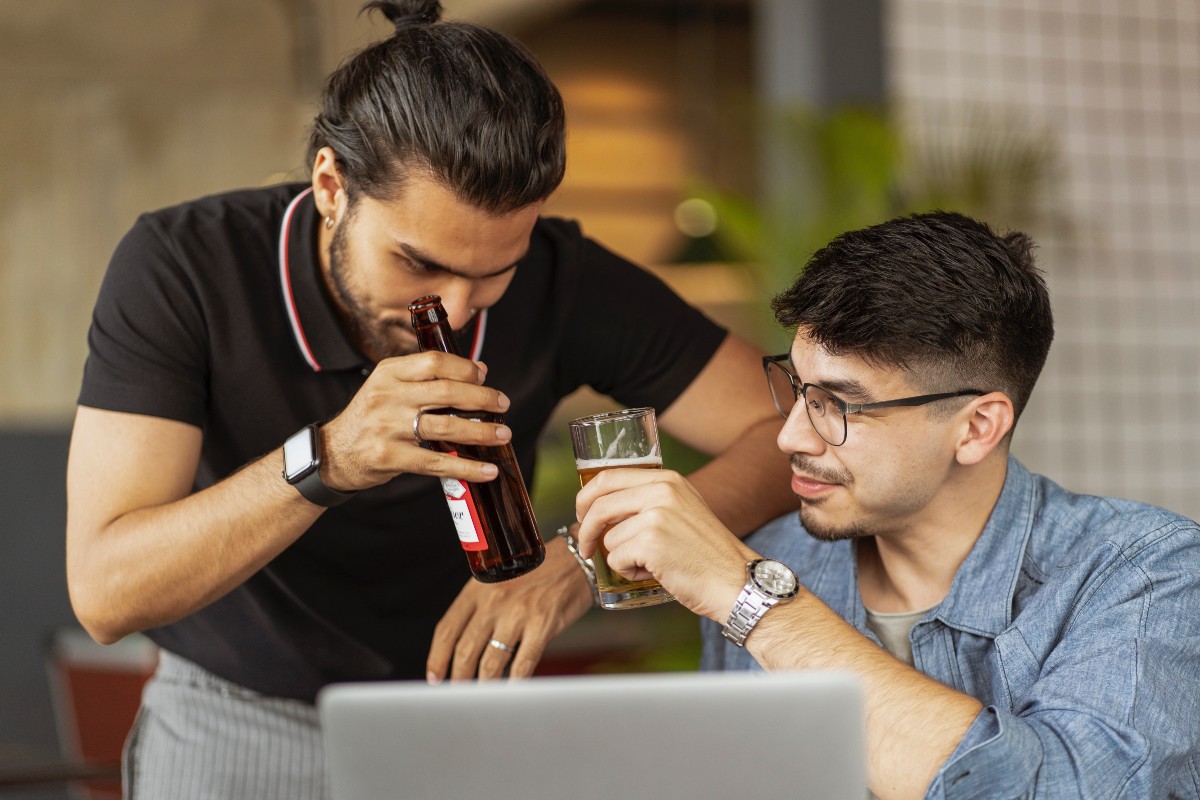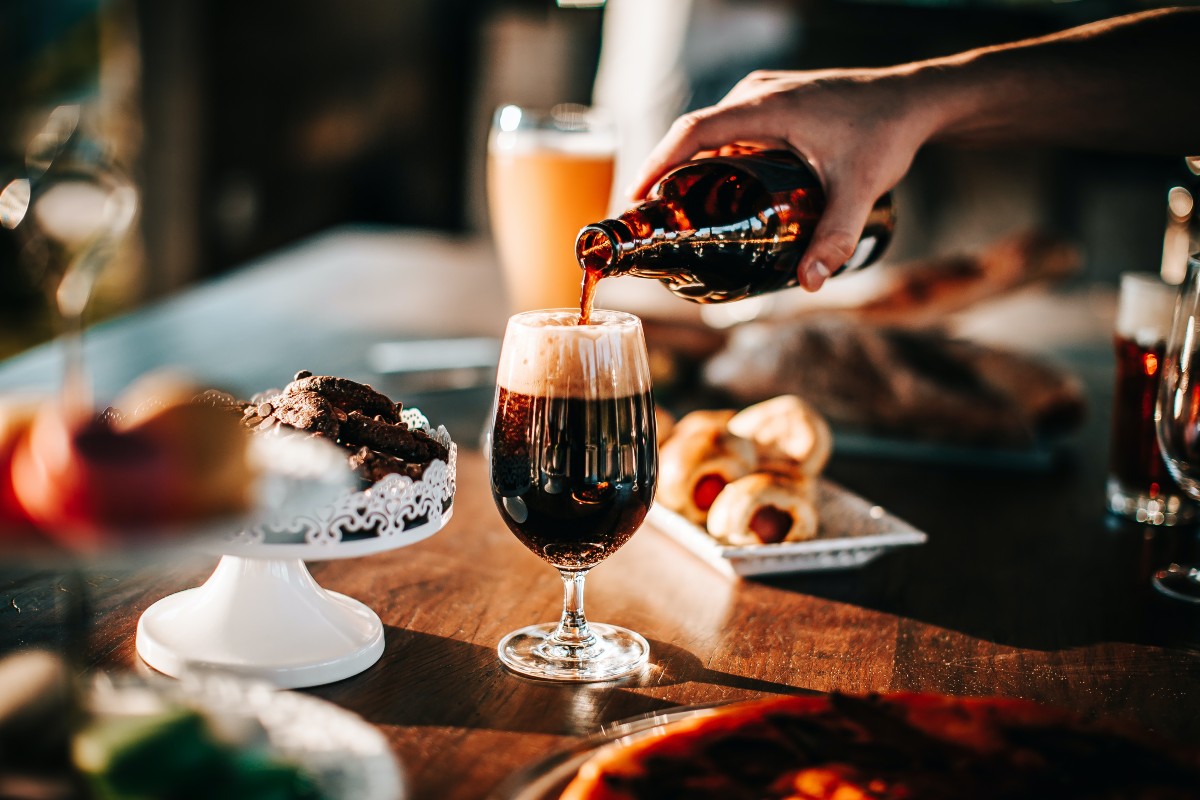You’ve likely heard of hangovers and anxiety. However, have you heard of hangxiety?
The hangxiety meaning is pretty simple to figure out. It’s a term used to describe the anxiety that comes after drinking too much. You may worry that something you said or did came off the wrong way. Worse, you may not remember what you said or did and feel concerned you may have hurt someone or embarrassed yourself.

There’s a science to hangxiety. Alcohol boosts the amount of dopamine and GABA (gamma-aminobutyric acid) in the brain, but the happy, calming feelings are short-lived. Once the levels return to an individual’s normal, they may begin to feel anxious and alcohol withdrawal, marked by symptoms such as headache and fatigue. Disrupted sleep, a common issue caused by alcohol, doesn’t help someone’s mood.
You’ll want to keep an eye on your symptoms. Hangxiety symptoms include:
- Worry and regret
- Poring over text messages to re-read what you wrote
- Fatigue
- Rumination
- Sending apologies to everyone you hung out with while drinking

The term isn’t new, but it has gained steam in recent years. An actual study on hangxiety from 2019 indicated that people who commonly suffer from hangxiety, especially those considered extremely shy, may be more prone to developing alcohol use disorder. What’s more, the pandemic triggered a rise in drinking, which research links to liver disease, and personal anecdotes associate it with an uptick in hangxiety. Though normalcy has resumed for many people, that also means the return of in-person holiday gatherings, which means your courteous colleague can’t mute over-imbibed individuals for their own good when these office parties happened on Zoom.
Not to be those people, but avoiding hangxiety is pretty straightforward: Drink responsibly and in moderation. Men who consumed five or more drinks during an occasion have engaged in binge drinking, according to the CDC. Limit your drinking, and alternate between alcoholic beverages and water to reduce the possibility of dehydration.
If you’re already battling hangxiety and regretting last night, then you’ll want to manage your physical and emotional symptoms. The first part is easy: Drink plenty of water, eat light foods, sleep, and take the recommended dose of an OTC if it’s necessary. As for the emotional symptoms, meditate and try to put the night in perspective — apologize if it’s warranted, but also remember most people judge themselves more harshly than others do.
If you’re struggling with drinking, anxiety, or hangxiety symptoms, reach out to a mental health professional. Psychology Today has a directory.



